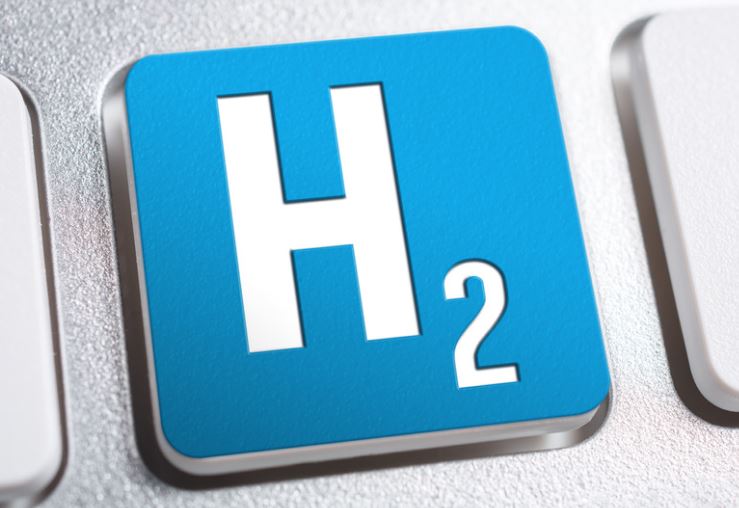The University of British Columbia (UBC) has unveiled its Smart Hydrogen Energy District (SHED), a $23 million initiative aimed at integrating renewable energy sources with advanced technology to optimize energy use and promote sustainability.
SHED utilizes solar power, supplemented by BC Hydro, to power its operations. The centerpiece is an electrolyzer capable of producing 65 kilograms of green hydrogen daily. This hydrogen is pivotal for fueling hydrogen fuel cell vehicles, aligning with UBC’s commitment to reducing carbon emissions through innovative energy solutions.
The project leverages UBC’s 5G network and machine learning algorithms to create a digital twin of the energy district. This simulation uses real-time data to enhance operational efficiencies, such as optimizing vehicle charging schedules and managing surplus energy by diverting it to hydrogen production or feeding it back into the grid. This integration underscores UBC’s ambition to pioneer smart energy systems.
The deployment of solar panels on parkades not only promotes renewable energy utilization but also optimizes under-utilized urban spaces. This dual-purpose infrastructure contributes to reducing carbon footprints associated with conventional energy sources and vehicle emissions, aligning with global climate action targets.
While SHED showcases technological prowess, the economic viability of hydrogen-based solutions remains a critical consideration. High initial capital costs for infrastructure setup, coupled with ongoing operational expenses, necessitate cost-effective scaling strategies and supportive policy frameworks to incentivize widespread adoption beyond pilot phases.
